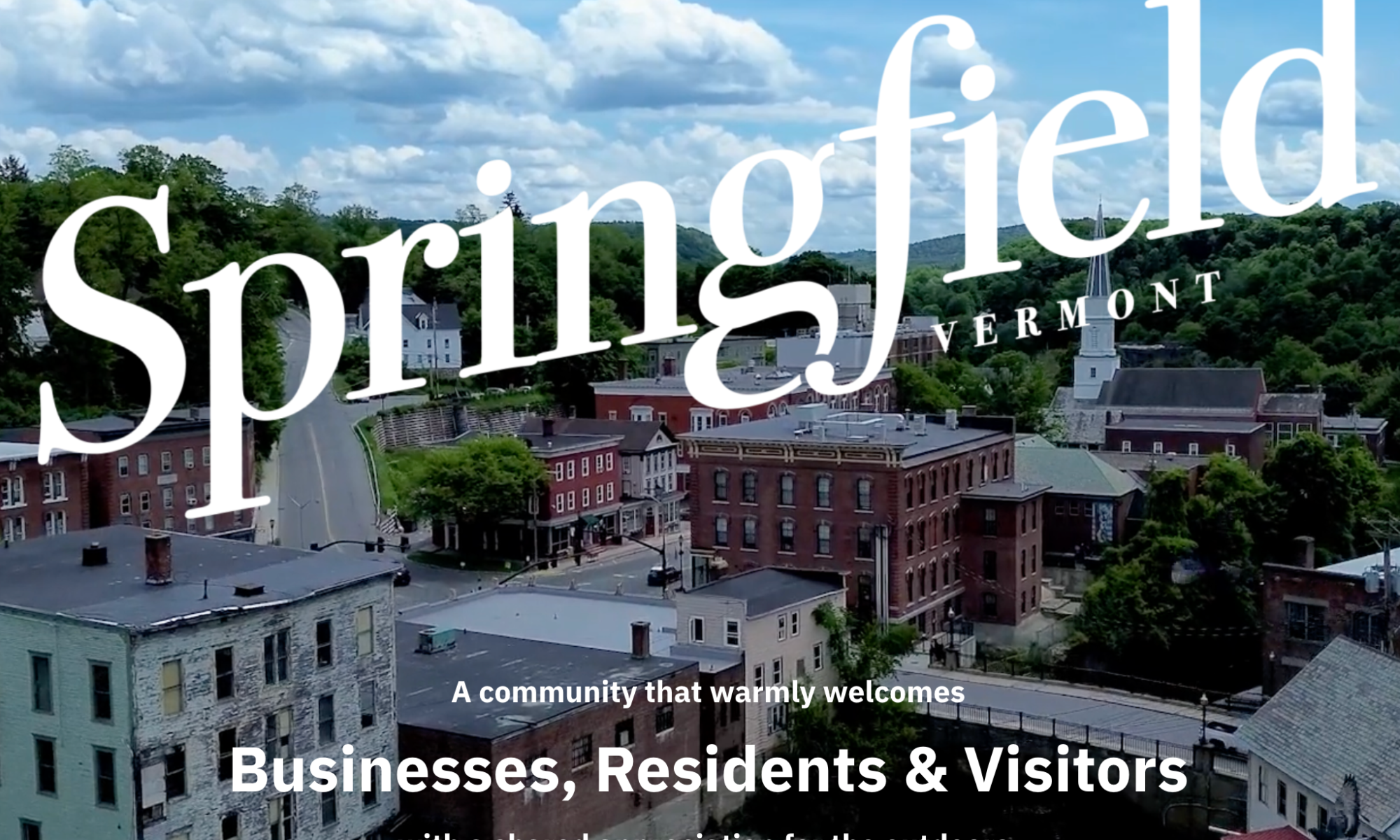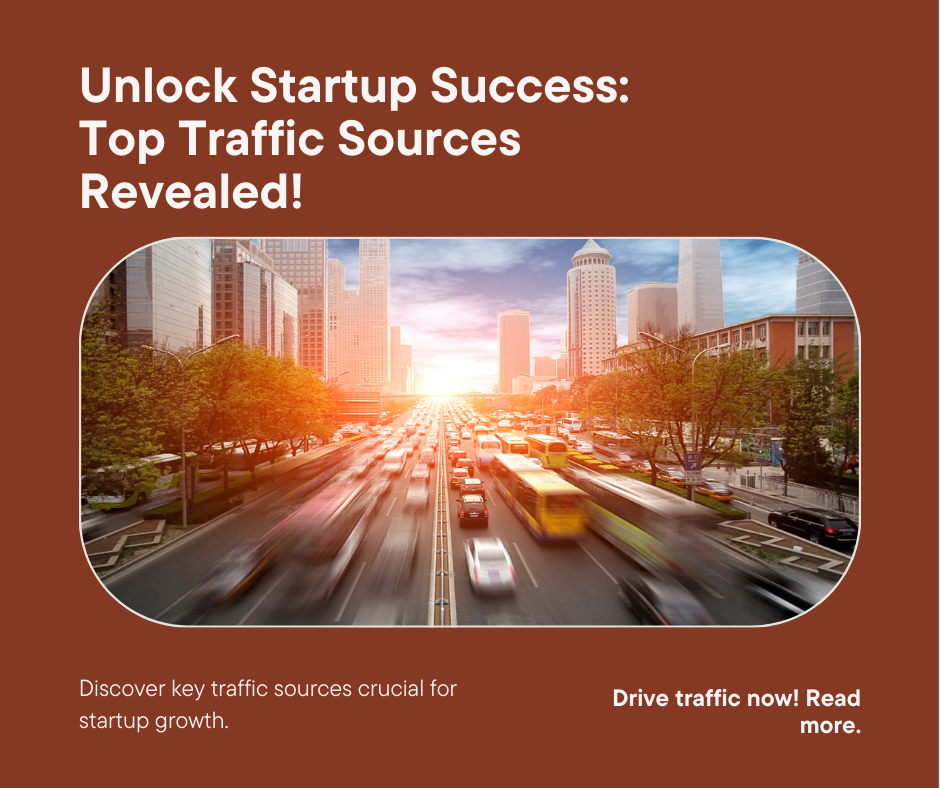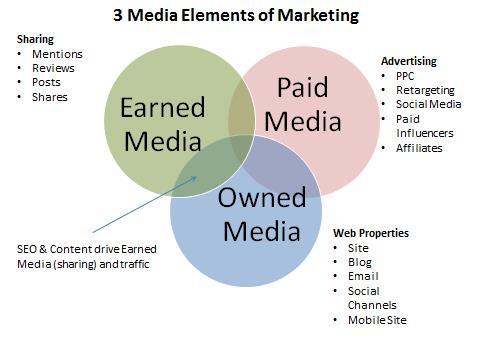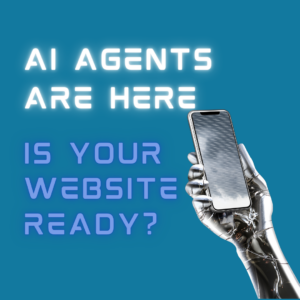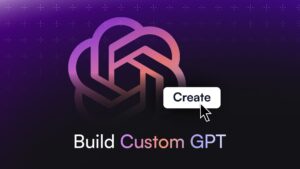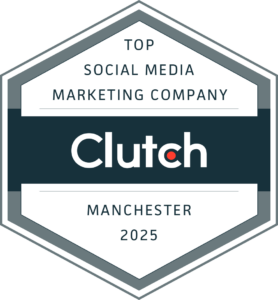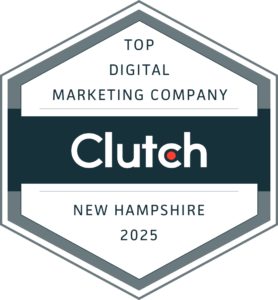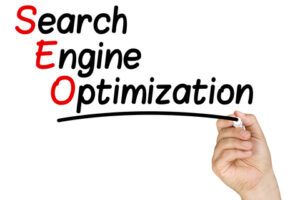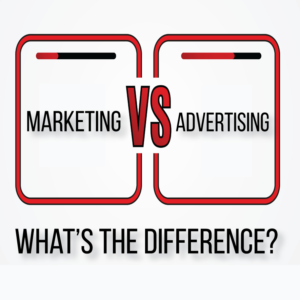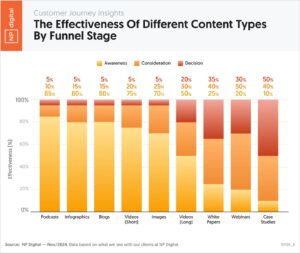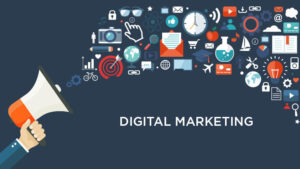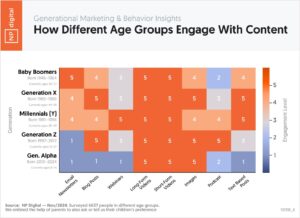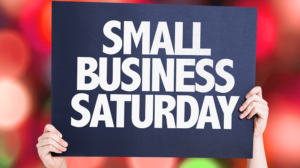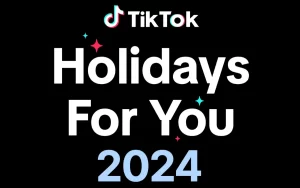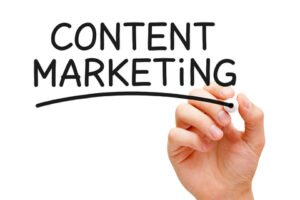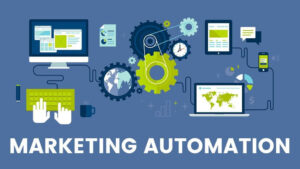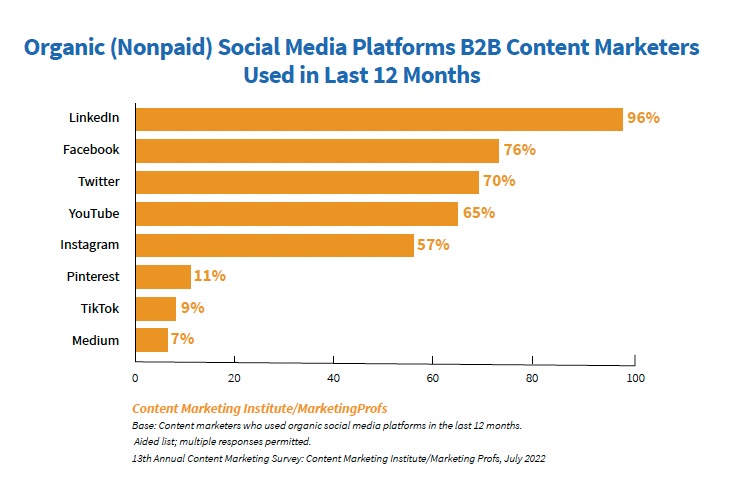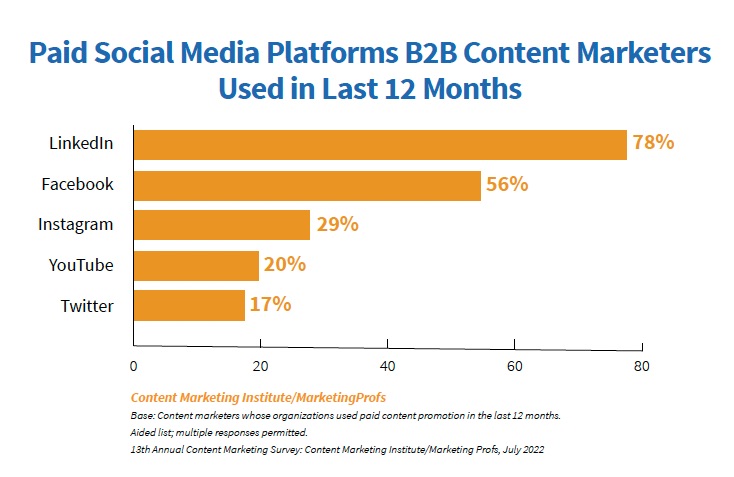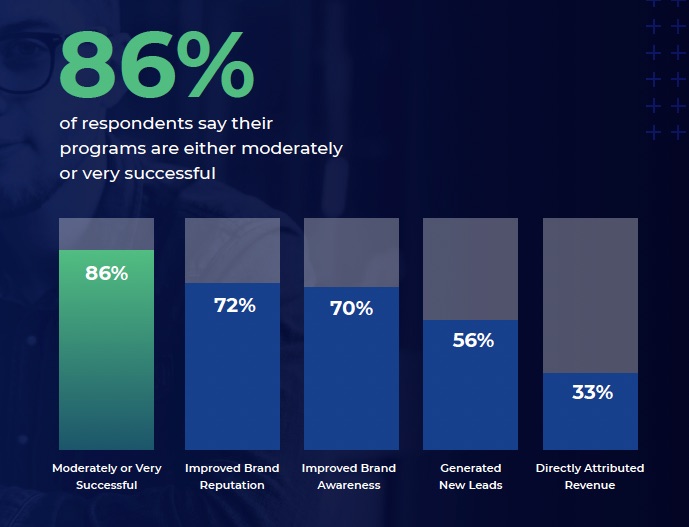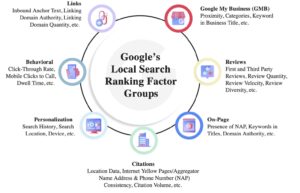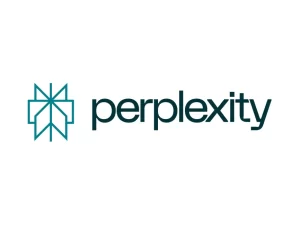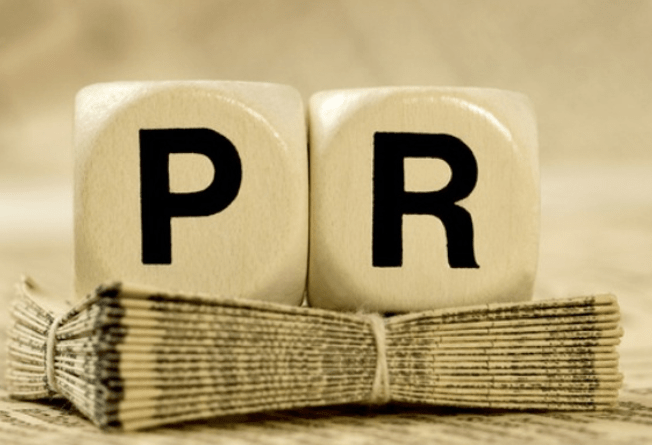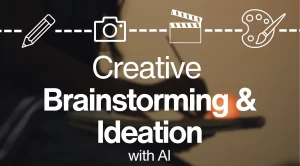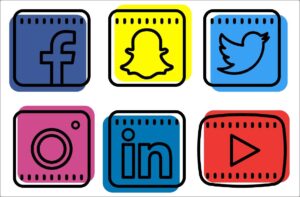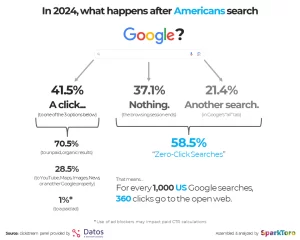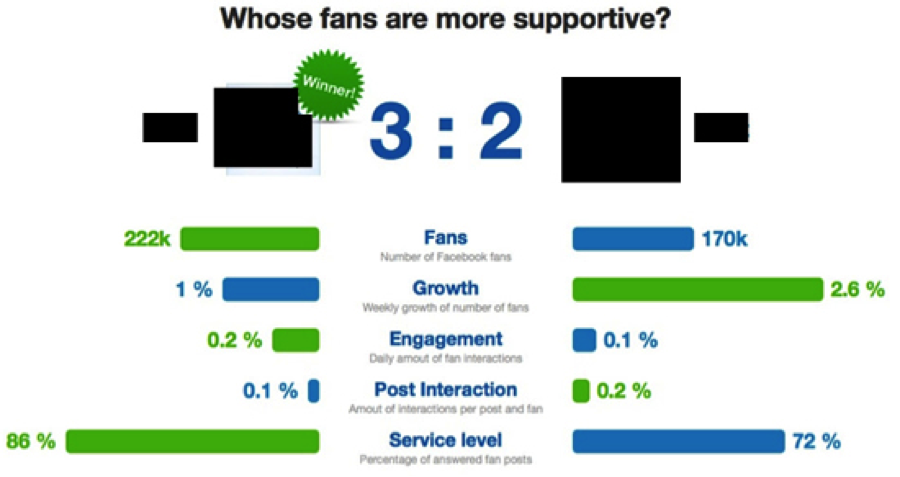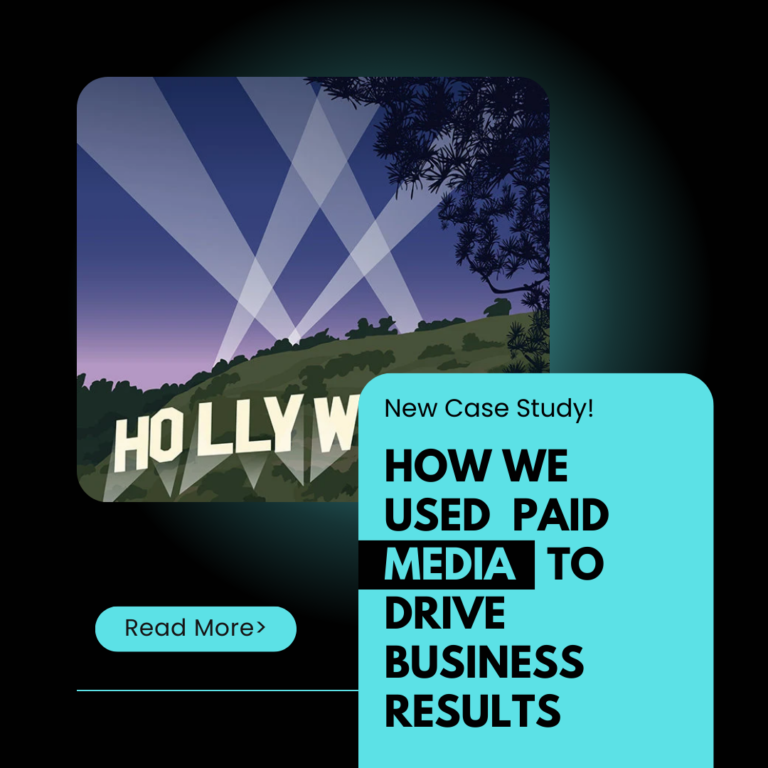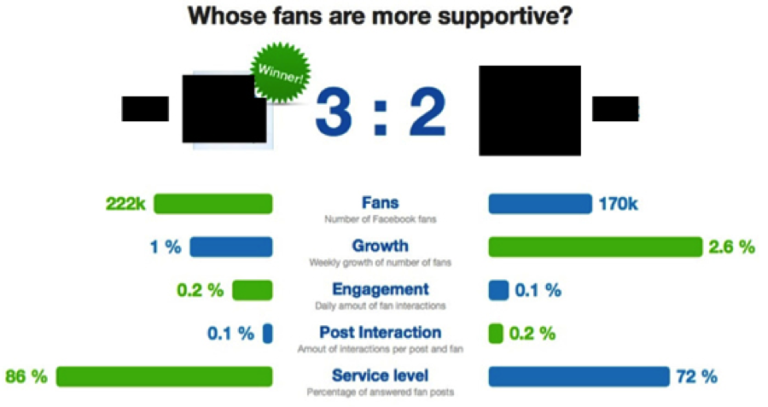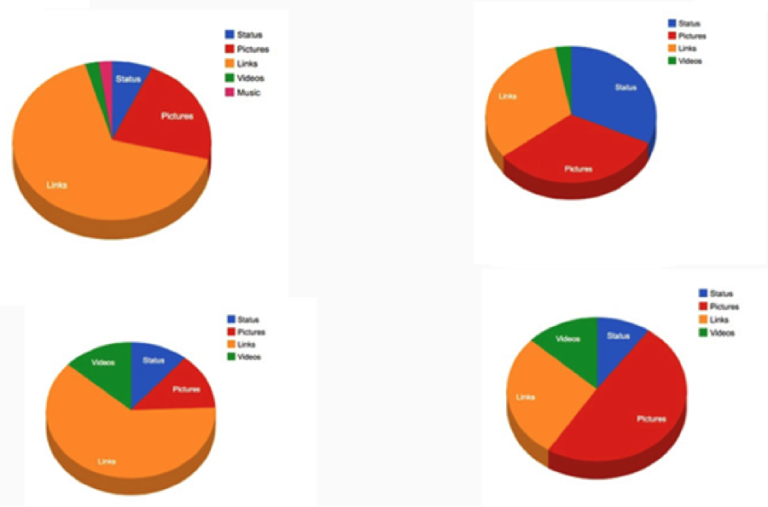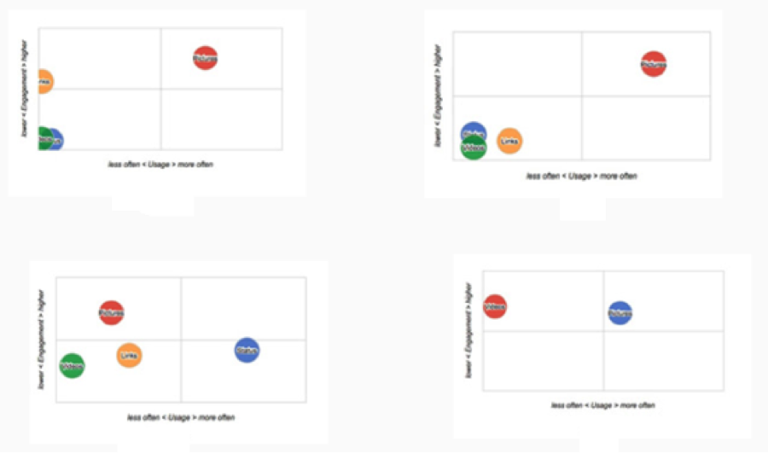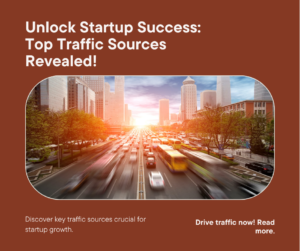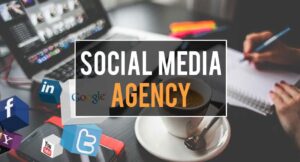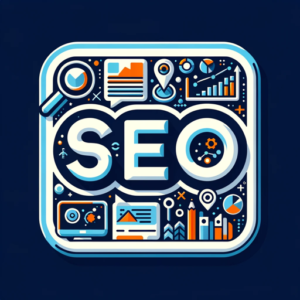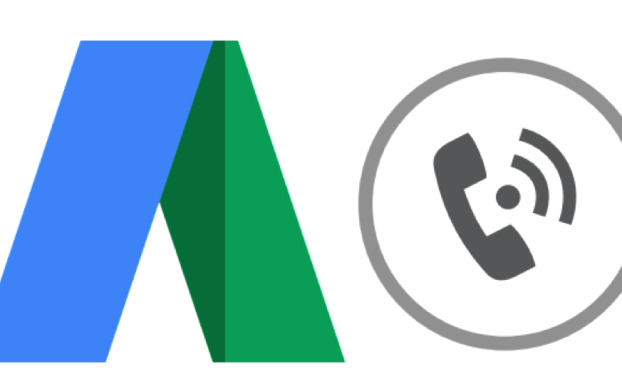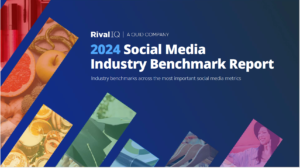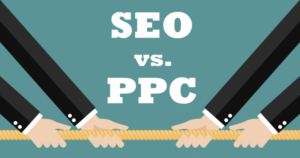Springfield802.com Launches New Website and Partners with Braveheart Digital Marketing to Enhance Online Presence
Springfield802.com, the premier digital platform for Springfield, Vermont, today announced the launch of its new website and a partnership with Braveheart Digital Marketing. This collaboration aims to revitalize Springfield’s online presence, highlighting the town’s unique offerings for businesses, residents, and visitors.
Located in the scenic Green Mountains, Springfield, Vermont, boasts a rich history and a forward-thinking spirit. The town’s blend of natural beauty, industrial heritage, and vibrant community presents an ideal foundation for enhanced digital visibility.
The redesigned Springfield802.com website will serve as a comprehensive digital resource, attracting investment, tourism, and new residents. This partnership reflects Springfield’s commitment to blending its historical roots with a progressive, tech-forward vision.
“We’re thrilled to partner with Springfield802.com to amplify the town’s distinct appeal,” said David Wilson, Chief Marketing Officer at Braveheart Digital Marketing. “Our goal is to create a website that reflects Springfield’s unique character and drives online engagement.”
The new website will showcase Springfield as a desirable destination in Southern Vermont, offering a compelling mix of nature, culture, and innovation. This collaboration with Braveheart Digital Marketing positions Springfield for a dynamic digital future.
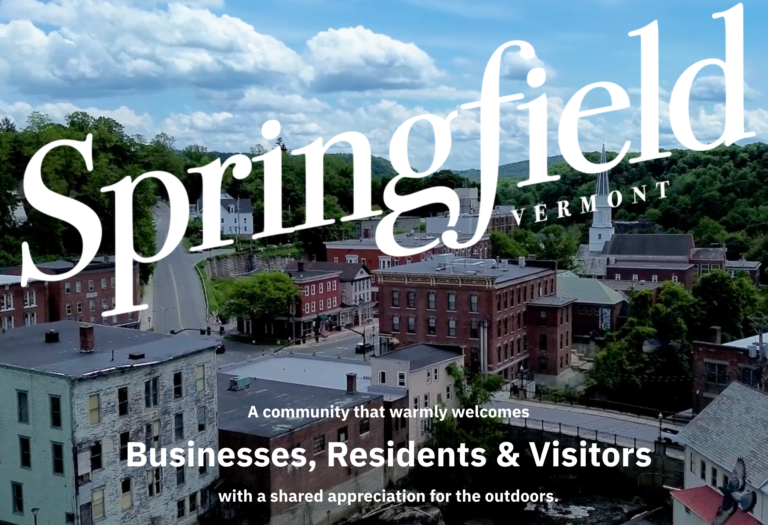
About Braveheart Digital Marketing:
Braveheart Digital Marketing is a Manchester, NH-based digital marketing agency specializing in helping businesses expand their online presence through organic search, content, and SEO strategies. The company boasts a proven track record of delivering effective customer acquisition and retention solutions.
Recent Posts

Best Practices for Building a Brand Presence on YouTube
Updated Best Practices for Building a Brand Presence on YouTube (2025) YouTube continues to be a dominant platform for video content, offering businesses unparalleled opportunities
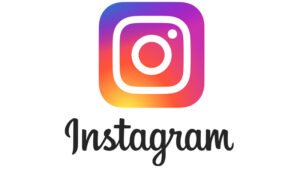
Best Practices for Building a Brand Presence on Instagram
Best Practices for Building a Brand Presence on Instagram (2025) Instagram continues to dominate as a platform for visual storytelling, brand development, and audience engagement.
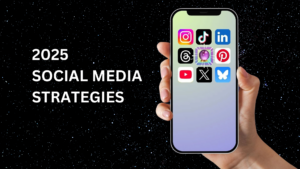
Social Media Strategies
10 Proven Social Media Strategies to Dominate in 2025 In the dynamic landscape of 2025, mastering social media requires a strategic approach tailored to evolving

Definitive Guide To Building Your Brand Presence on Twitter
Updated Best Practices for Building a Brand Presence on X (2025) X (formerly Twitter) continues to be a powerful platform for real-time conversations, customer engagement,

Definitive Guide To Building Your Brand Presence on LinkedIn
Updated Best Practices for Building a Brand Presence on LinkedIn (2025) LinkedIn remains the premier platform for professional networking and B2B marketing, offering businesses unparalleled
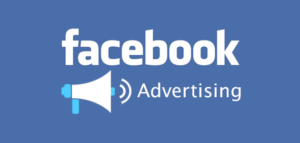
Definitive Guide To Building Your Brand Presence on Facebook
Best Practices for Building a Brand Presence on Facebook (2025) Facebook remains a cornerstone of digital brand building, offering businesses unparalleled opportunities to connect with
